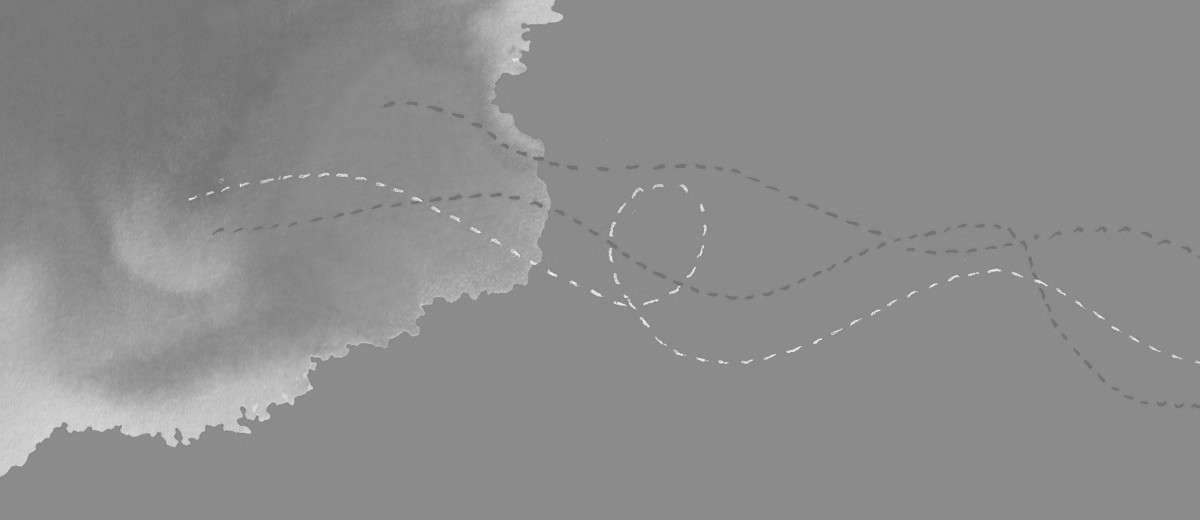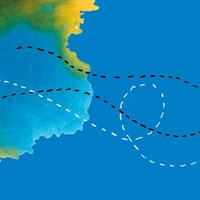Subject
ContributeGeographic Origins
Korea is in eastern Asia. It lies on the Korean Peninsula, which extends south from north-eastern China. The Korean Peninsula has coast lines on the Yellow Sea to the west, the Korea Strait to the south and the Sea of Japan to the east.
History of Immigration and Settlement
Most Korean South Australians are from the Republic of Korea (known as South Korea). They first began arriving in South Australia in the early 1970s. In 1974 there were three Koreans in Adelaide. Their numbers increased slowly after this year. By the late 1970s Korean South Australians were sponsoring family members to join them under the Australian government’s Family Reunion Scheme.
From 1986 to 1991 there was a substantial increase in Korean settler arrivals, many coming under the Skilled and Business Migration Program. Since then many Korean people have migrated to South Australia as ‘long-term arrivals’ indicating an intention of remaining in Australia for twelve months or longer. Many in this group came as students.
Community Activities
Korean South Australians are deeply influenced by the traditions of Confucianism, Buddhism and Christianity.
Confucianism originated in China in the sixth and fifth centuries BC. From 108 BC until 313 AD China dominated Korea. During this time Confucianism was introduced and consolidated within the country. Confucius’s philosophy teaches that correct personal behaviour and respect for authority and education are the bases of a moral and harmonious society.
Traditionally Korea was an agrarian society. Intense agriculture required large work forces. As a result, extended families of three or four generations, all related by blood or marriage, lived and worked together. Many Korean South Australians live in extended families. Filial piety is an important part of their lives. Family members provide each other with assistance, counselling, security, comfort and companionship.
Buddhism spread to Korea during the first century BC. For further information see Appendix 1, Religious Belief and Practice: Buddhism.
Most Korean South Australians are Christians. For further information see Appendix 1, Religious Belief and Practice: Christianity. Korean Christian South Australians belong to Roman Catholic, Uniting Church and Presbyterian parishes.
Korean South Australians established an official cultural body, the Korean Community of Adelaide, in 1988.
The Australia Korea Friendship Association Inc at Highbury, promotes friendship, understanding and goodwill between the peoples of Korea and Australia.
The Korean language is taught at several schools and institutions including the University of Adelaide and the School of Languages at Croydon.
The highlight of the Korean community’s year is Chu Suk, Thanksgiving Day. Chu Suk is held in September. On this day Korean South Australians remember their lives in Korea and acknowledge their place in a culturally diverse South Australia. They meet to share traditional dancing, games and food. They reminisce about the past and contemplate the future.
Korean New Year, commonly known as Seollal, is the first day of the lunar calendar. This can fall anytime between the end of January and the end of February. In Adelaide, Lunar New Year celebrations are often shared between Korean, Chinese and Vietnamese communities. Within the precinct of Adelaide’s Chinatown there are performances of Korean music, dance, martial arts, food and market stalls.
Other important days in the Korean calendar are Kwangbok Jul, Korean Independence Day on the 15 August; the Democratic People’s Republic of Korea’s National Day on 9 September, and the Korean Republic National Foundation Day on 3 October.
In Adelaide a Korean Culture and Food Festival is held annually each November.
Organisations and Media
- Australian Korean Friendship Association Inc.
- Korean Community of Adelaide Inc
- Korean Pure Presbyterian Church of Adelaide
- Korean Presbyterian School of Adelaide
- Korean Adelaide Uniting Church
- Korean School of Adelaide
- Radio Korea 5EBI-FM radio program
Statistics
The 1986 census recorded that there were 300 Korean-born South Australians. 307 people said that they were of Korean descent.
According to the 1991 census there were 556 Republic of Korean-born South Australians. 458 people said that their mothers were born in the Republic of Korea, and 442 that their fathers were. The 1991 census recorded only a small number of South Australians whose parents were born in the Democratic People’s Republic of Korea.
According to the 1996 census there were 780 Korean-born South Australians
The 2001 census recorded 3 North Korean-born and 910 South Korean-born South Australians. 925 people said that they were of Korean descent.
The 2006 census recorded 1,987 South Korean-born South Australians, while 2,078 people said that they were of Korean descent.
The 2011 census recorded 3,399 South Korean-born South Australians, while 3,752 people said that they were of Korean descent.
The 2016 census recorded 3,680 South Korean-born South Australians and 3 from the Democratic Republic of Korea (North Korea), while 4,394 people said that they were of Korean descent.



CommentAdd new comment
Quickly, it's still quiet here; be the first to have your say!